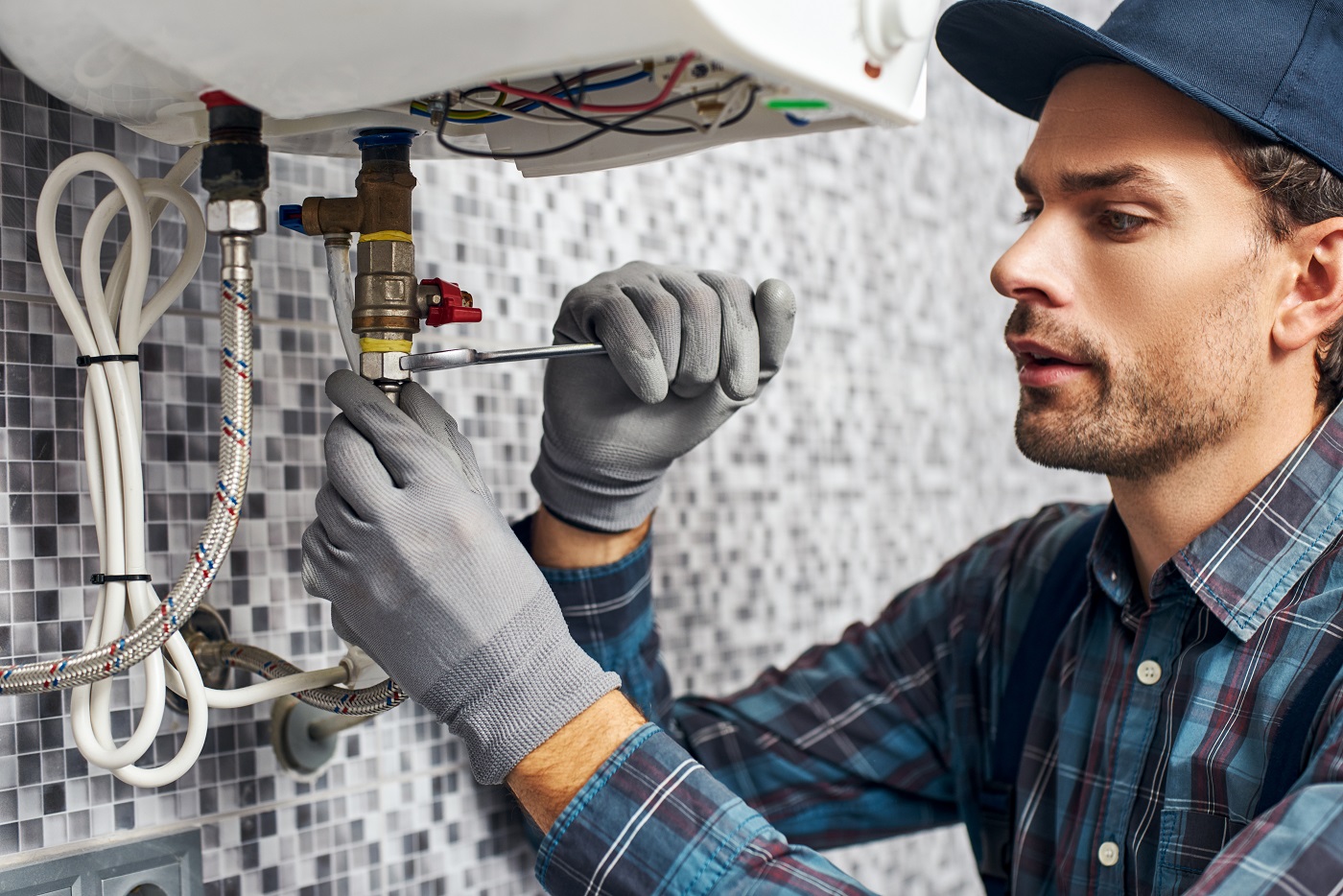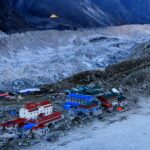A smoothly running cold water system is something most Londoners rely on daily, but when things go wrong, even small issues can become big headaches.
From low water pressure to clogged pipes, understanding the common problems in cold water systems – and knowing when to call a plumber in London – can help you keep your home running smoothly.
But what happens when things go wrong? There are many common issues that can affect cold water systems, and for some you really will need to call in a professional plumber to help. But for others, there may be DIY fixes you can try.
1. Noisy Pipes
Commonly known by the term ‘water hammer’, this is when your pipes start making a knocking sound. It can even result in rather alarming high-pitched noises. It’s caused by the shockwaves when moving water comes to a sudden stop, such as when a valve is closed or a tap turned off.
The fix:
It can sometimes be tricky to detect the exact cause of water hammer issues, so you might need to bring in a plumber to investigate. They may need to check over the plumbing system and replace faulty or old components. Or they can fit a part known as a water hammer arrestor.
2. Leaks
Spotted a pool of water behind the sink, or a wet patch on the ceiling below a bathroom? It sounds like you have a leak. If not addressed quickly, leaks can cause major damage.
The fix:
The best way to find and deal with a leak is to call in a professional plumber. It’s not one of those jobs you can tackle yourself.
3. Low Water Pressure
Low water pressure is when the flow of water from your tap or shower head is weaker than it should be. It could be caused by a buildup of sediment, but there could be other culprits too.
The fix:
As it can be difficult to identify what’s causing the problem, it’s best to get in touch with a plumber in London for some advice.
4. Frozen Pipes
Frozen water pipes in winter can cause major damage to your home. They can stop your hot and cold water systems working properly, and they can burst – causing a potentially catastrophic leak.
The fix:
If a pipe has frozen, you need to slowly thaw it out. If it’s already burst, turn off the water supply and call a plumber as a matter of urgency. You can also take steps to prevent this from happening, by properly insulating your pipes.
5. Dripping Taps
A dripping tap can be maddening. It seems like such a small thing, but over time it can become really annoying – as well as wasting water.
The fix:
In many cases, all you need to do is replace the washer or o-ring inside the tap.It’s a reasonably straightforward DIY job too, but consider using a plumber in London if you get stuck.
6. Running Toilets
If the water in your toilet won’t stop running after flushing, the most likely cause is a malfunctioning fill valve in the tank/cistern. It needs to be fixed, as it’s a waste of water and could increase your water bill.
The fix:
If you’re quite handy, you may be able to adjust, repair or replace the fill valve yourself. Otherwise, you’ll need to bring in a plumber to take a look.
7. Clogged Drains
Does it take an age for your washing up water to drain away? Or have you noticed an unpleasant odour coming from the drain?
If so, you could have clogged pipes. Over time, pipes can become clogged with dirt, debris, sediment and even cooking grease. This can prevent the water from draining away properly.
The fix:
The drain needs unclogging. There are some household cleaning products that can do the trick, or you can use natural products like a mix of baking soda and vinegar to dissolve the blockage. It’s usually a DIY job, but for more serious blockage a professional plumber might be needed.
When to Call in a Plumber in London (And When To DIY It)
For some of the issues we’ve discussed here, there’s a relatively simple DIY fix. If you have the tools, skills and confidence, you may be able to sort the problem yourself.
But if you’re ever in doubt or the problem is obviously more serious, it’s always a good idea to bring in a plumbing professional. The last thing you want is to make things worse, causing a major leak or permanent damage to your appliances or cold water system.


